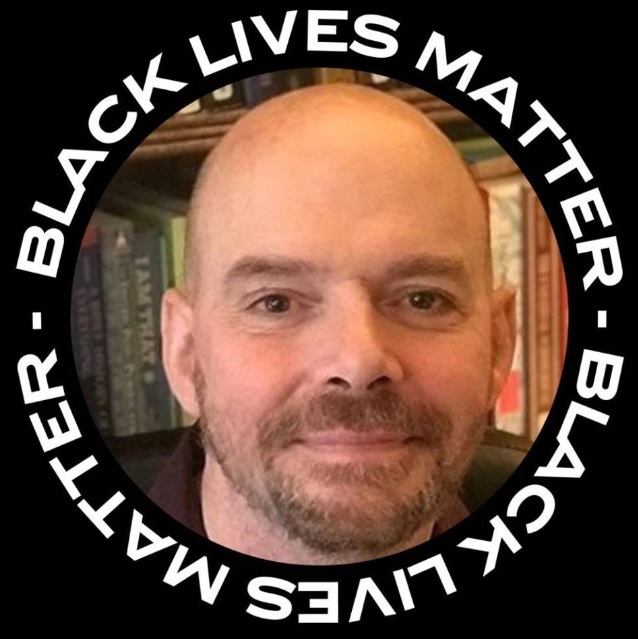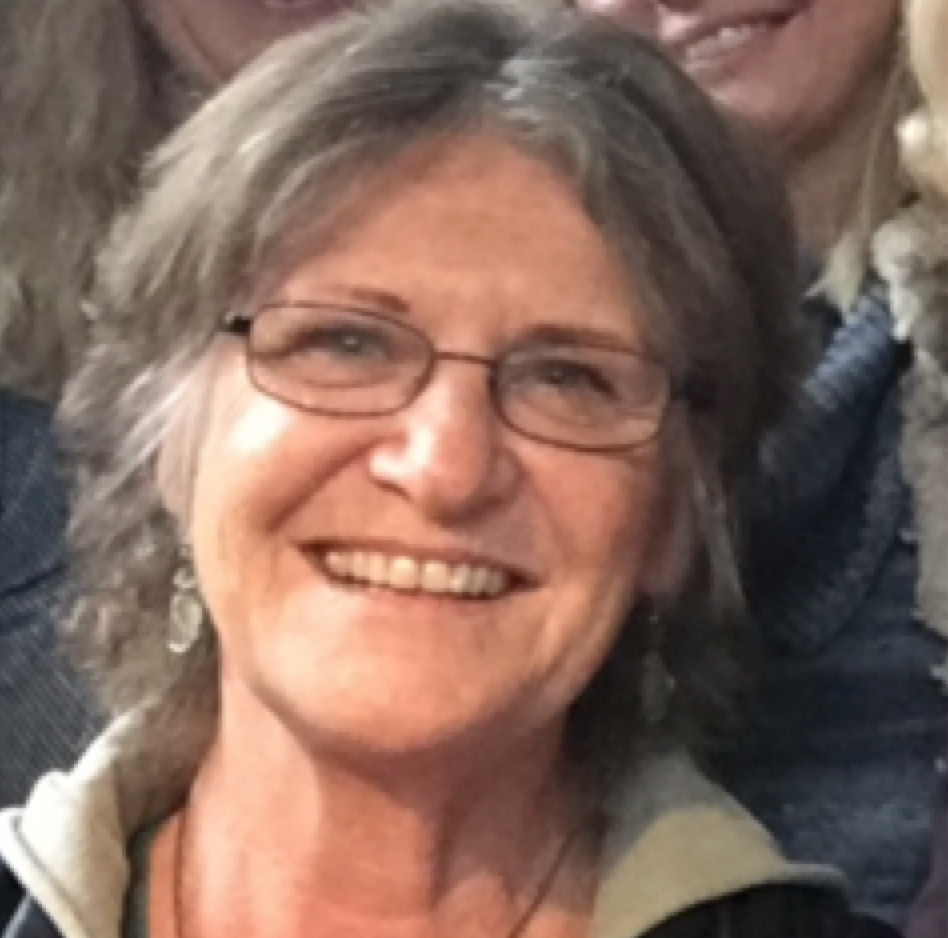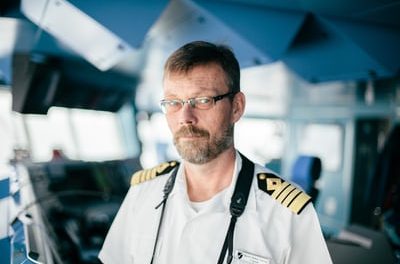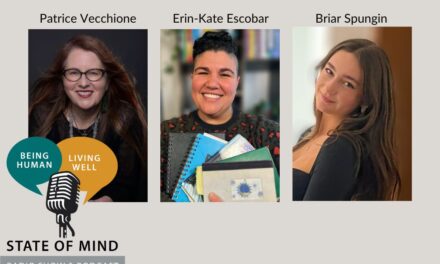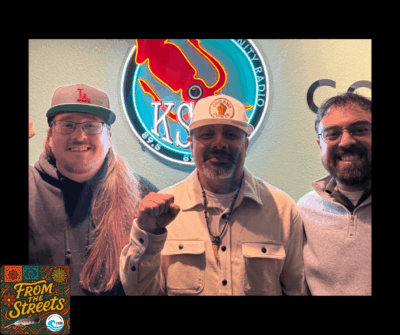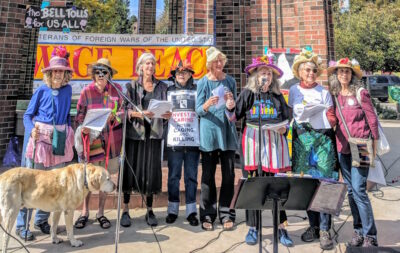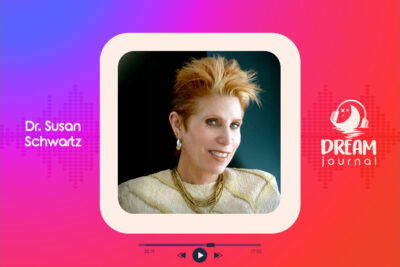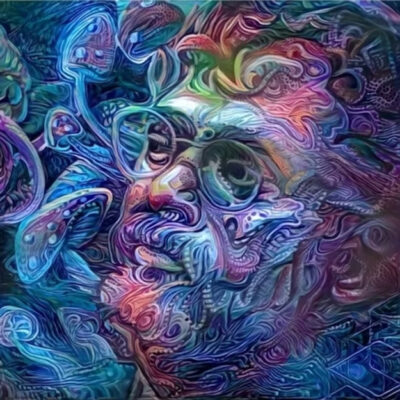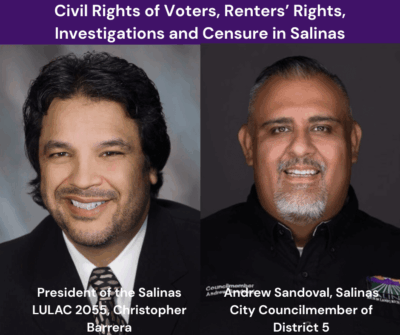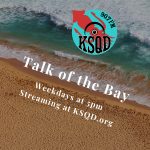
Len Beyea, host of Talk of the Bay, interviews local climate activist and researcher Paul Schaafsma, about his work with African climate activists and the cultural shifts that will be necessary to successfully meet the challenges of Global Heating.
Paul Schaafsma has been researching the climate crisis and climate solutions in a focused, sustained way for the last few years. By joining his efforts in that capacity with those of other thinkers, educators and activists online and here on the Central Coast, he has learned to see the climate crisis from a range of perspectives.
It’s been Paul’s good fortune to meet regularly with brilliant people from diverse backgrounds and bodies of knowledge, including systems theory, Jungian psychotherapy, neuroscience and physical anthropology. He has also gotten very close to climate justice advocates in Africa, whose voices we urgently need to hear.
Paul has been an activist for going on 40 years, beginning with community-based efforts to relieve an engineered epidemic of hunger in the Reagan years. He met with food bank representatives from across the state to prepare testimony for the Kennedy hearings on hunger. That experience has been really helpful during this pandemic. He knew to look for what food banks around the countries were saying about the lockdown – that tens of millions were unable to pay for food. A network of foodbanks in Ohio described their efforts as “a bucket brigade at a 5-alarm fire.”
Paul’s background academically is history, political and political thought. That last item has been really helpful to his work on the climate crisis. A lot of his education, really, came long before college, absorbing oral histories from progressive parents who came of age in the Depression, who took part in a period of transformative change every bit as unlikely, given what preceded it, as the change we seek today.
Paul’s father is the son of Dutch immigrants and grew up in Hilo, Hawaii. He fell in love with and was kind of adopted by the Native Hawaiians he hiked, swam and surfed with every day, absorbing a lot of their history, culture and way of life. He showered Paul with stories about them that make up some of Paul’s earliest memories.
Paul was born in 1961, and had siblings 6, 9, 10 and 18 years older. Three of the four were active participants in the youth protests of the 1960s. The conversations around the dining room table at night were astonishing.
At the age of 19, Paul had an awakening during a year of hiking in an old growth redwood forest on the North Coast of California. Those experiences, which are hard to convey in our dominant culture’s frame of reference, left him with a lasting conviction that life on Earth is a gift and a miracle, and that the strain and incessant material anxiety in our society were artificial and unnecessary. Everything, really, certainly everything worthwhile, that he’s tried to do, is rooted in that soil.
Paul’s Africa webpage: https://scruzclimate.org/welcome/climate-change-in-africa/
Appeal by Kaossara Sani of Togo referred to in interview: https://youtu.be/9h13LyMvew4
Ted talk by Hindou Ibrahim referred to in interview: https://youtu.be/z3d_UsYgt1c

